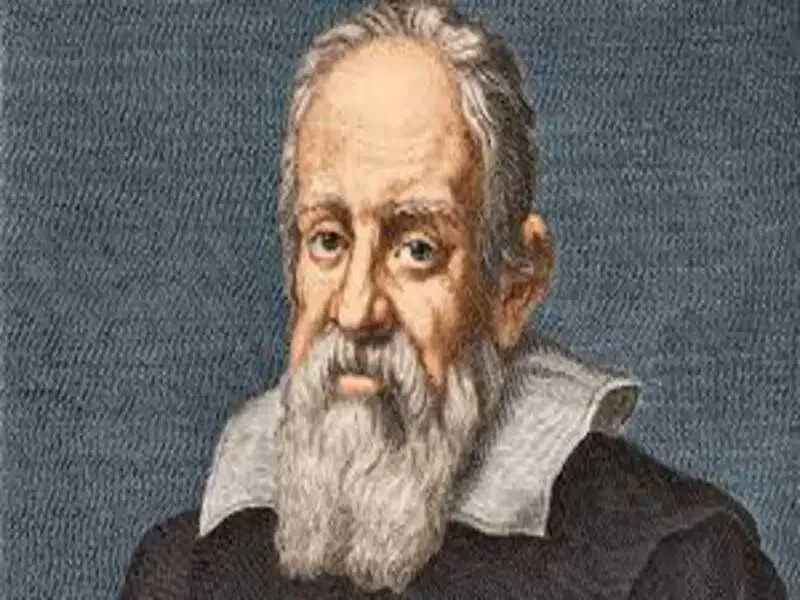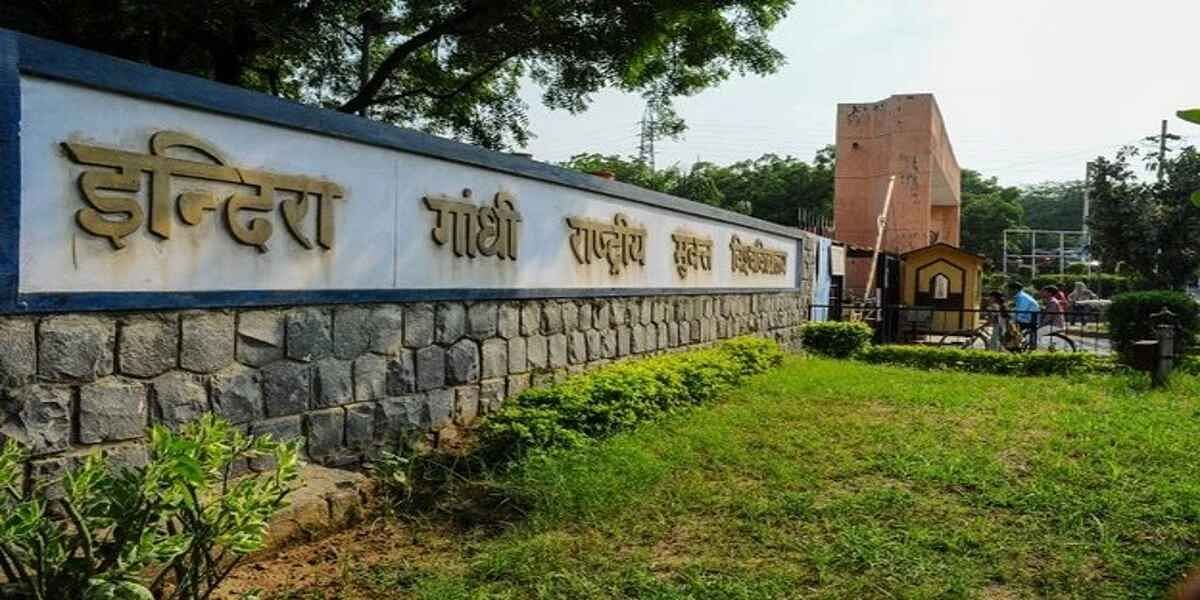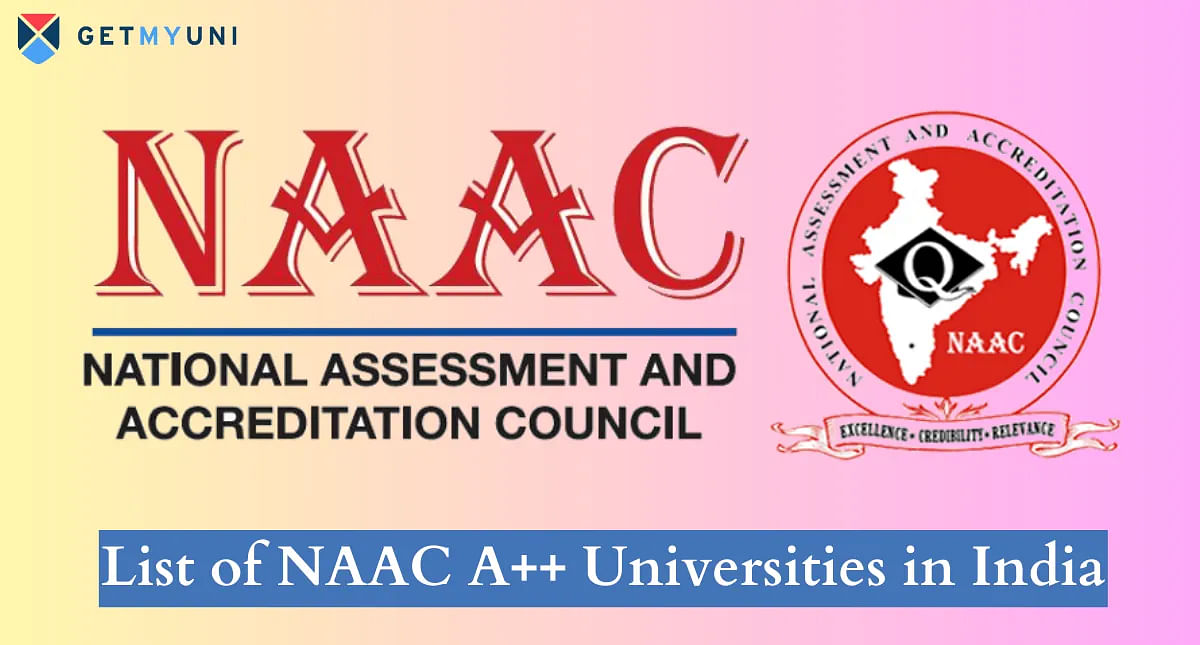Galileo Galilei Is known as the father of science because of his multiple contributions to the wide disciplines of science, such as astronomy, physics, and mathematics. He is also referred to as a modern error classical physicist.
Table of Contents
Galileo Galilei, an Italian physicist, astronomer, professor, and philosopher, is known as the father of science because of his rigorous approach to the invention of the thermoscope and various military compasses; he played a significant role in the development of science.
He is also referred to as the father of modern physics, the father of contemporary and observational astronomy.
Father of Science: Galileo Galilei
Galileo, an Italian astronomer, journalist and the father of science, worked on multiple projects, such as the development of Thomas Cook military compasses and telescope for celestial object observation.
He utilized the telescope to make scientific observations of celestial objects and invented the thermoscope as well as a number of military compasses. He constructed a better telescope and used it to study the Milky Way's stars, Venus's phases, Jupiter's four main satellites, Saturn's rings, lunar craters, and sunspots.
He also created the first microscope, and later on, he created enhanced versions that could magnify up to thirty times. An observer could view enlarged, upright representations of the Earth through a Galilean telescope, also called a terrestrial telescope or spyglass.
Also Check: Who is the Father of Biology? Aristotle
The Biography of Galileo Galilei
Galileo Galilei, the Father of Science, was born in Pisa, Italy, on February 15, 1564, and his full name is Galileo di Vincenzo Bonaiuti de' Galilei. He never completed his studies at the University of Pisa, where he studied to become a doctor after receiving a medical degree.
| Parameters | Details |
| Full Name | Galileo di Vincenzo Bonaiuti de' Galilei |
| Birth | February 15, 1564 |
| Birthplace | Pisa, Italy |
| Education | Doctorate Degree (incomplete) |
| Notable Works in Science | Physics, Mathematics, Astronomy |
| Death | January 8, 1642 |
Notable Works of Galileo Galilei in Science
Galileo did not focus his scientific investigations on any one area. These are some specifics on the Father of Science's interests and contributions. Galileo Galilei was knowledgeable about the features of the moon, Venus's phases, Jupiter's four moons, and sunspots, as well as the astronomical observations of the day.
In addition to being the Father of Science, Galileo was a voracious thinker who improved the telescope for use in geometry calculations and both scientific and military applications. He then utilized his telescope to increase the military and ballistic compass's accuracy at the time.
Kepler's Supernova
Tycho Brahe and others had seen the supernova of 1572. Galileo first learned of the supernova of 1572 and the less brilliant nova of 1601 through Ottavio Brenzoni's letter dated January 15, 1605, which was sent to him.
In 1604, Galileo noted Kepler's Supernova and talked about it. Galileo concluded that these new stars were distant because they showed no discernible diurnal parallax, which refuted the Aristotelian theory that the skies are unchangeable.
Sunspots
Galileo observed sunspots with both the unaided eye and a telescope. The permanent perfection of the heavens, as proposed by traditional Aristotelian celestial physics, presented additional challenges in light of their existence.
A strong case was also made against Tycho Brahe's geoheliocentric system and the Ptolemaic system by Francesco Sizzi and others in 1612–1613, based on an apparent annual change in their paths. Galileo and the Jesuit Christoph Scheiner got into a protracted and acrimonious argument over who was the first to discover and interpret sunspots.
Mark Welser stood in the center; it was to him that Scheiner had revealed his finding, and he asked Galileo for his thoughts. They were both ignorant of the fact that sunspots had previously been observed and documented by Johannes Fabricius.
Rewards and Recognition
There is very little evidence of any awards and recognition given to Galileo as he does not abuse to have received any award, and there is no specific record. Still, in his honor, multiple awards were given in the 19th and 20th centuries, and a few of them are listed below.
- In honor of Galileo, a statue honoring him was erected inside the Vatican gates of the Pontifical Academy of Sciences in March 2008
- In honor of the creator of modern physics and the scientific method, Galileo Galilei, INFN established the "Galileo Galilei Medal" at GGI, a National Center for Advanced Studies.
- The Scientific Committee of the meeting established the Galileo Galilei Award for Energy Conversion by Ion Conduction in conjunction with the 12th International Symposium on Polymer Electrolytes (ISPE-12), which was held in Padova, Italy.
Also Check: Who is the Father of Chemistry? Antonie Laurent Lavoisier
Criticism of Galileo Galilei's Works
There were several significant disputes and objections directed at the Father of Science. Galileo's contemporaries understood the risk of going against what the Church taught. However, the Church's teaching on scientific investigation was ambiguous by the early 17th century.
Five years after the publication of Galileo Galilei's work, Sidereus Nuncius (Starry Messenger), the Church initiated strong action against him. When he appeared before the Roman Inquisition in 1615, he was forewarned against pursuing any legal action pertaining to the heliocentric hypothesis. He was later found guilty of spreading Copernicus' theories and given a life sentence in 1633.
Also Check: Who is the Father of Mathematics? Archimedes























POST YOUR COMMENT